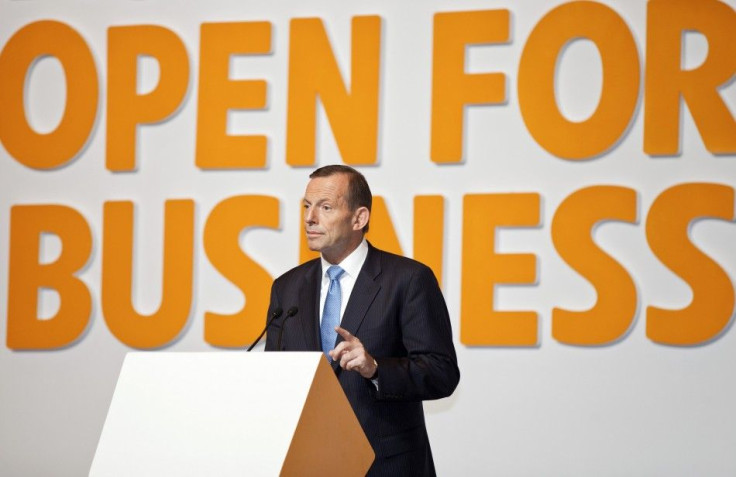Australia's Consumer Index Drops to New Low in Over 2 Years As Families Worry About Money

Consumer confidence in Australia dropped to its newest level in over two years as Australians begin to worry about the impact of the Abbott government's budget on their family's finances.
According to reports, the Westpac Melbourne Institute Index of Consumer Sentiment declined 6.8 per cent in May to its lowest level since August 2011. Consumer index has remained under 100 points for the second consecutive month. This means majority of Australians feel less optimistic about the economy.
Following the days before the budget's release, Australia's consumer index has dropped in anticipation of the budget cuts. Westpac chief economist Bill Evans said the sharp decline in index has left an "unfavourable" reaction towards the federal budget.
Those who responded to Westpac's survey were especially concerned about how the budget would affect the household finances. Confidence in the economy in 2015 has also dropped by 14.2 per cent, the lowest level in over two years.
Tom Kennedy, an economist for JP Morgan, was not surprised by the low consumer confidence. He said only a few were spared from the federal budget as the government announced cuts in spending for health, education and welfare. Mr Kennedy said families are more likely to control their spending in response to the Abbott government budget.
Prime Minister Tony Abbott has dismissed the results of two surveys that said majority of Australians felt they were "worse off" after the budget cuts were announced.
The Australian economy will continue to struggle at a slow growth pace to remove pressure from the rising unemployment rate which is currently on its 10-year high. In the latest regional report, the International Monetary Fund (IMF) expects the country's economy to grow below the trend.
In its latest regional report released in April, the IMF has downgraded its growth forecast for Australia for two years from 2.6 per cento in 2014 and 2.7 per cent in 2015 since October 2013.
The Washington-based institution had previously expected Australia's economy to grow between 2.8 and 2.9 per cent. The IMF said Australia's economy is expected to grow below the trend since investments in the mining boom have reached its peak and continues to decline.




















